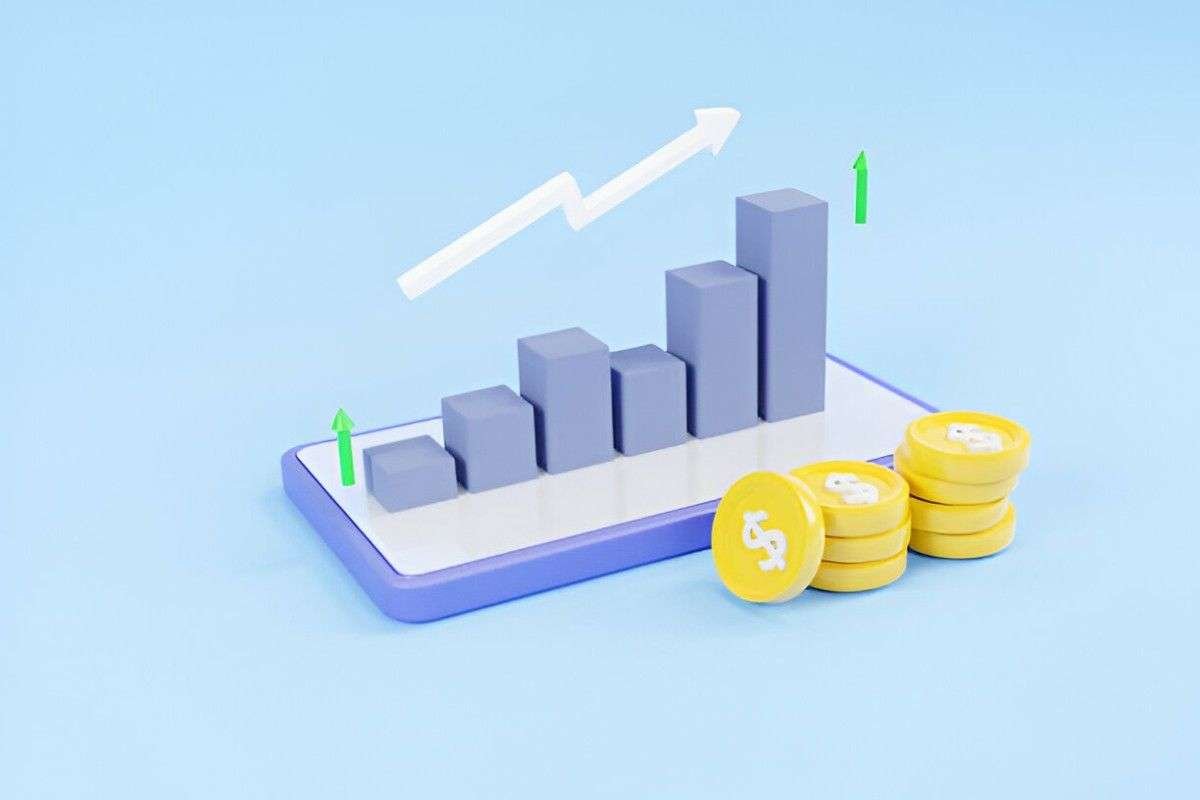As an investment expert, I have spent years analyzing emerging technologies and their potential to reshape industries. One such technology that has caught my attention is blockchain. While many are familiar with giants like Bitcoin and Ethereum, I want to delve into a lesser-known but equally intriguing blockchain platform: Akka Blockchain. In this article, I will explore what Akka Blockchain is, how it compares to other blockchain platforms, and why it might be a worthwhile investment opportunity. I will use tables, examples, and calculations to make this as clear and actionable as possible.
Table of Contents
What Is Akka Blockchain?
Akka Blockchain is a decentralized, open-source blockchain platform designed to facilitate secure and scalable transactions. Unlike traditional blockchains that focus solely on cryptocurrency, Akka aims to provide a broader ecosystem for decentralized applications (dApps), smart contracts, and enterprise solutions. I find its architecture particularly interesting because it combines the best features of existing blockchains while addressing some of their limitations.
For instance, Akka uses a unique consensus mechanism that balances speed and security. It also emphasizes interoperability, allowing it to connect with other blockchains seamlessly. This makes it a versatile platform for developers and businesses alike.
How Akka Blockchain Compares to Other Platforms
To understand Akka’s potential, I think it’s essential to compare it with other blockchain platforms. Below is a table that highlights the key differences between Akka, Ethereum, and Binance Smart Chain (BSC).
| Feature | Akka Blockchain | Ethereum | Binance Smart Chain |
|---|---|---|---|
| Consensus Mechanism | Hybrid PoS/PoW | Proof of Stake (PoS) | Proof of Staked Authority (PoSA) |
| Transaction Speed | 10,000 TPS | 30 TPS | 100 TPS |
| Interoperability | High | Moderate | Low |
| Smart Contract Support | Yes | Yes | Yes |
| Use Case Focus | Enterprise & dApps | dApps & DeFi | DeFi & Trading |
From this table, I can see that Akka Blockchain stands out in terms of transaction speed and interoperability. Its hybrid consensus mechanism ensures that it remains secure while processing a high volume of transactions. This makes it a strong contender for enterprise adoption, where scalability and reliability are critical.
Why Akka Blockchain Could Be a Game-Changer
I believe Akka Blockchain has the potential to disrupt several industries. Let me explain why.
1. Scalability
One of the biggest challenges facing traditional blockchains like Ethereum is scalability. As more users join the network, transaction speeds slow down, and fees increase. Akka addresses this issue by supporting up to 10,000 transactions per second (TPS). To put this into perspective, Ethereum currently handles around 30 TPS. This means Akka can process transactions much faster, making it ideal for applications that require high throughput, such as supply chain management or financial services.
2. Interoperability
Another area where Akka excels is interoperability. In today’s fragmented blockchain landscape, different platforms often operate in isolation. Akka’s ability to connect with other blockchains allows for seamless data and asset transfers. For example, a business using Akka could easily integrate with a supplier on Ethereum or a partner on Binance Smart Chain. This level of connectivity is rare in the blockchain world and gives Akka a significant competitive edge.
3. Security
Security is a top priority for any blockchain platform, and Akka doesn’t disappoint. Its hybrid consensus mechanism combines the strengths of Proof of Stake (PoS) and Proof of Work (PoW). PoS ensures energy efficiency and faster transaction validation, while PoW adds an extra layer of security against attacks. This dual approach makes Akka both secure and sustainable, which I find highly appealing.
Investment Potential of Akka Blockchain
Now that I’ve covered the technical aspects, let’s talk about why Akka Blockchain might be a good investment.
1. Growing Ecosystem
Akka’s ecosystem is still in its early stages, but it’s growing rapidly. I’ve noticed an increasing number of developers and businesses showing interest in the platform. This is a positive sign because a thriving ecosystem often leads to higher demand for the native token, which can drive up its value.
2. Real-World Use Cases
Unlike some blockchain projects that lack clear use cases, Akka is already being adopted in various industries. For example, a logistics company could use Akka to track shipments in real-time, or a healthcare provider could use it to securely store patient records. These real-world applications demonstrate Akka’s practicality and increase its chances of long-term success.
3. Tokenomics
Akka’s native token, AKKA, plays a central role in the platform’s economy. It is used for transaction fees, staking, and governance. I’ve analyzed its tokenomics and found them to be well-designed. The total supply is capped, which creates scarcity and could lead to price appreciation over time. Additionally, a portion of the tokens is allocated for ecosystem development, ensuring continuous growth.
Risks to Consider
While I am optimistic about Akka Blockchain, I also recognize the risks involved.
1. Competition
The blockchain space is highly competitive, with established players like Ethereum and newer platforms like Solana vying for dominance. Akka will need to differentiate itself and attract a critical mass of users to succeed.
2. Regulatory Uncertainty
Blockchain technology is still evolving, and regulatory frameworks are constantly changing. Any unfavorable regulations could impact Akka’s growth and adoption.
3. Technical Challenges
Despite its impressive features, Akka is not immune to technical challenges. Bugs, security vulnerabilities, or scalability issues could arise as the platform grows.
How to Invest in Akka Blockchain
If you’re considering investing in Akka Blockchain, here’s what I recommend.
1. Research Thoroughly
Before investing, I always advise doing your own research. Understand Akka’s technology, team, and roadmap. Look for independent reviews and analyses to get a balanced perspective.
2. Diversify Your Portfolio
While Akka has potential, it’s important not to put all your eggs in one basket. Diversify your investments across different blockchain projects and asset classes to mitigate risk.
3. Stay Updated
The blockchain industry moves fast, and staying informed is crucial. Follow Akka’s official channels, join community forums, and keep an eye on industry news.
Conclusion
In my opinion, Akka Blockchain is a promising platform with the potential to make a significant impact in the blockchain space. Its focus on scalability, interoperability, and security sets it apart from many competitors. While there are risks involved, the opportunities outweigh them for informed investors.
As with any investment, I recommend approaching Akka Blockchain with caution and due diligence. By understanding its strengths and weaknesses, you can make a well-informed decision that aligns with your investment goals.
I hope this article has provided you with a comprehensive overview of Akka Blockchain. If you have any questions or would like to discuss further, feel free to reach out. Happy investing!





